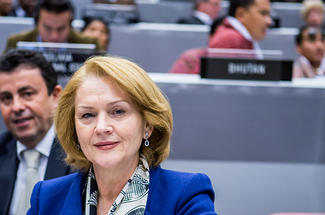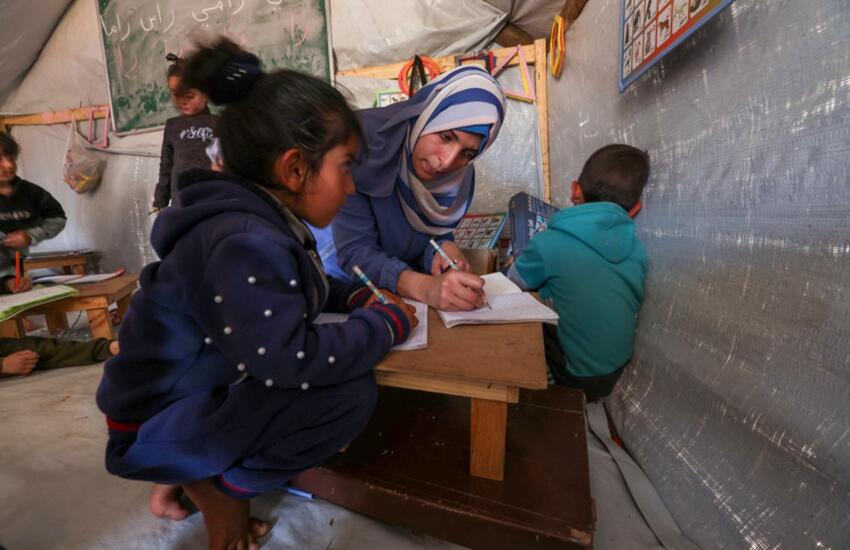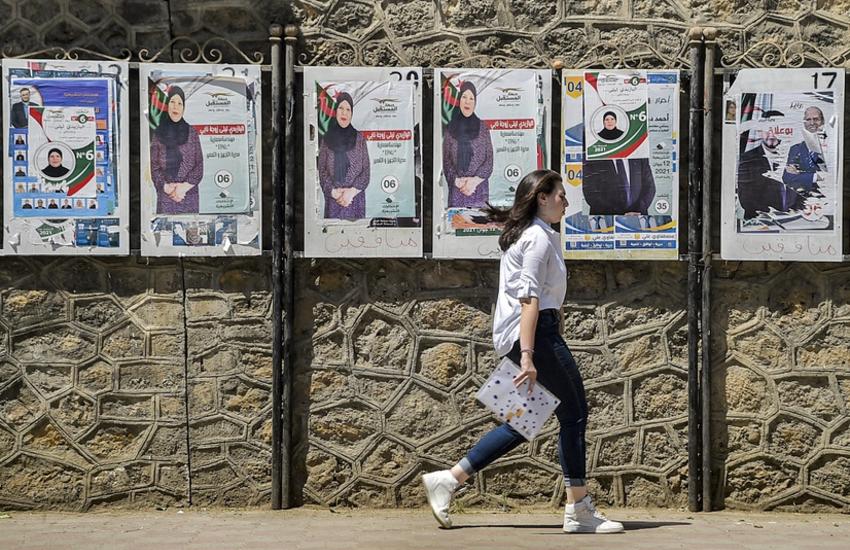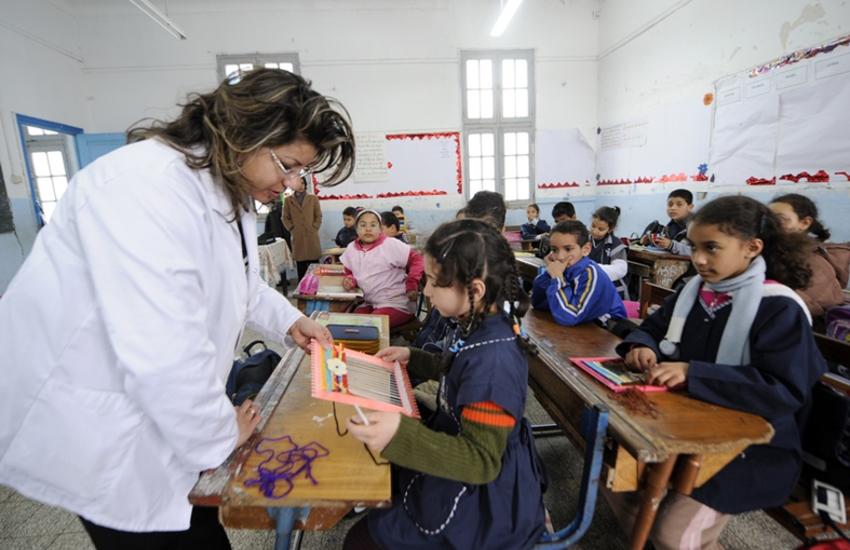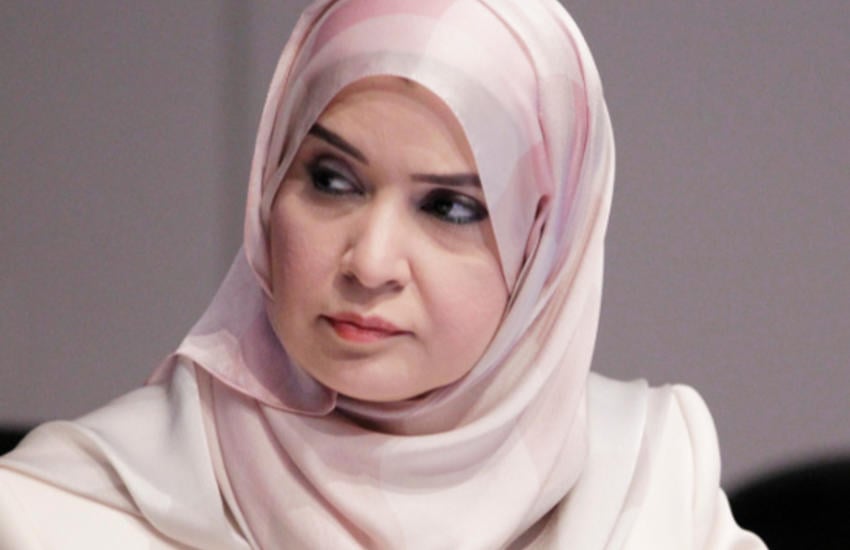Albanian MP Arta Dade is committed to increasing the number of women in parliament, and working together to tackle organized crime and corruption. She is a former minister of foreign affairs and culture, youth and sports. This is an edited version of an iKNOW politics interview conducted in November 2013.
When and why did you enter politics?
My commitment in politics goes back to 1991 when Albania began its democratic process. One of the priorities of my political activity is the empowerment of women, which means that we need to multiply the ways we engage lots of young women who should join politics.
When politics is so controversial it is a little bit difficult to bring in more women.
How has women’s participation in parliament developed?
We created a women´s caucus four years ago and we have activated it again now in the Albanian parliament, in order to create much more space for cross-party cooperation. We decided that the leader of the women´s caucus, which we called the Women´s Parliamentarian Alliance, had to be an outstanding personality from the opposition.
We need to cooperate on issues which do not take us back to the trenches of our respective political parties, but we cooperate on issues of mutual concern, such as women’s and young people’s rights, education and health care.
Also one of the most preoccupying phenomena in our countries is the fight against organised crime and corruption. And of course this Women´s Alliance is the very thing we needed to give a new impetus to the participation of women in parliament.
What links do you have with other parliaments?
We need to exchange experiences with other parliaments. We have an interchange with women MPs from the Bosnian Parliament, where they created a women´s caucus long ago. We share experiences.
It is great they have decided to allocate 40% of parliamentary seats to women. We intend to do the same thing in our parliament.
How do you plan to increase women’s parliamentary representation in Albania?
The percentage of women MPs in the Albanian parliament has increased from 7% to 18% in recent years, but the law says it has to be 30%. This is one objective we have to fulfil in local government, municipalities and communes.
In the next parliament we have to go beyond that 30%, so there is a real presence of women in parliament and not only in the ballots of the political parties.





